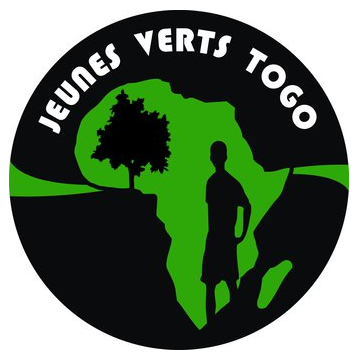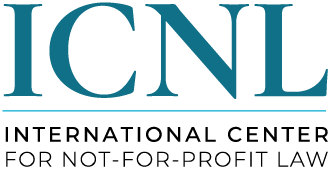Mali
WEST AFRICA CIVIC SPACE INDEX
Mali has faced significant instability and conflict over the past decade, taking a toll on civic space and human rights. Responses from interviews and data indicate Mali's civic space is highly restricted.
Areas of major concern include arbitrary restrictions on protests, intimidation and arrest of activists and journalists, legal harassment of civil society groups, lack of free and fair elections, widespread human rights abuses by security forces, and breakdown of rule of law across much of the country.
A coup in 2020 and subsequent political turmoil have enabled further crackdowns on dissent. Jihadist and inter-communal violence have led to displacement and humanitarian crisis. State authority has collapsed across swaths of territory. Constitutional rule remains suspended.
However, Mali has a strong tradition of civil society mobilization and movements pushing for democracy and human rights despite repression. Harnessing this experience and lifting restrictions on civic space could support openness. Overall, though, substantive reforms are needed to translate Mali's democratic aspirations into reality.
Indicator Assessments
Freedom of Assembly
Authorities severely limit protests through arbitrary bans and use of force against demonstrators. The legal framework is restrictive and implementation poor. Peaceful dissent is not tolerated.
Freedom of Expression:
Most media are state-controlled, and censorship is pervasive. Harassment, intimidation, and arrest of journalists are common. Critical speech is not tolerated.
Freedom of Association:
CSOs face burdensome regulations and restrictions. Government interference is routine, undermining CSO independence.
Rule of Law:
The judiciary lacks independence and corruption is widespread, eroding governance. Arbitrary detentions by security forces are common indicating limited protections.
Political Participation:
Elections have been delayed and lack credibility amid exclusions of opposition. Voter registration and political inclusion of marginalized groups are inadequate.
Civil Society Participation:
The space for CSO input into policymaking is highly limited. Public consultations are non-existent. Civic engagement in decisions is negligible.
Human Rights Protections:
Abuses by security forces are pervasive including extrajudicial killings and torture. Minorities face violence and discrimination indicating poor protections.
Anti-Corruption and Transparency:
Corruption is rampant despite some institutional measures. Government transparency and access to information are severely limited.
Safety of Activists:
Activists and journalists routinely face threats, arbitrary arrest, torture and extrajudicial killings. Impunity for attacks is common, creating a climate of fear.
Access to Information:
Implementation of access to information provisions is negligible. More government data should be publicly available to improve transparency.
Challenges and Opportunities
Mali faces interlinked challenges of conflict, authoritarian practices, restrictions on freedoms, corruption, and collapse of rule of law. However, empowering civil society provides an opportunity. A major challenge is the breakdown of constitutional order and pervasive human rights abuses. Restoring democratic governance, accountability for abuses, and protections for basic freedoms is critical.
Widespread corruption and lack of transparency has eroded public trust. Anti-corruption reforms and protections for journalists and activists could improve governance. The conflict and rights abuses have led to a climate of fear and self-censorship. Ensuring the safety of civil society and lifting restrictions on civic space is essential to openness.
However, Mali has a strong tradition of civil society mobilization for democracy and human rights despite repression. Removing legal and administrative hurdles for NGOs and activists could empower them to drive reforms.
Additionally, Mali's experience with democratic movements indicates the potential for pluralistic governance. But restrictions on freedoms and political participation have hindered this. Restoring democratic order, protecting human rights, tackling corruption and empowering civil society are essential to address Mali's interlinked challenges and enable open civic space.
Based on analysis of the 12 indicators, Mali's civic space can be classified as “Constricted”, with severe restrictions across key dimensions of civic life.




